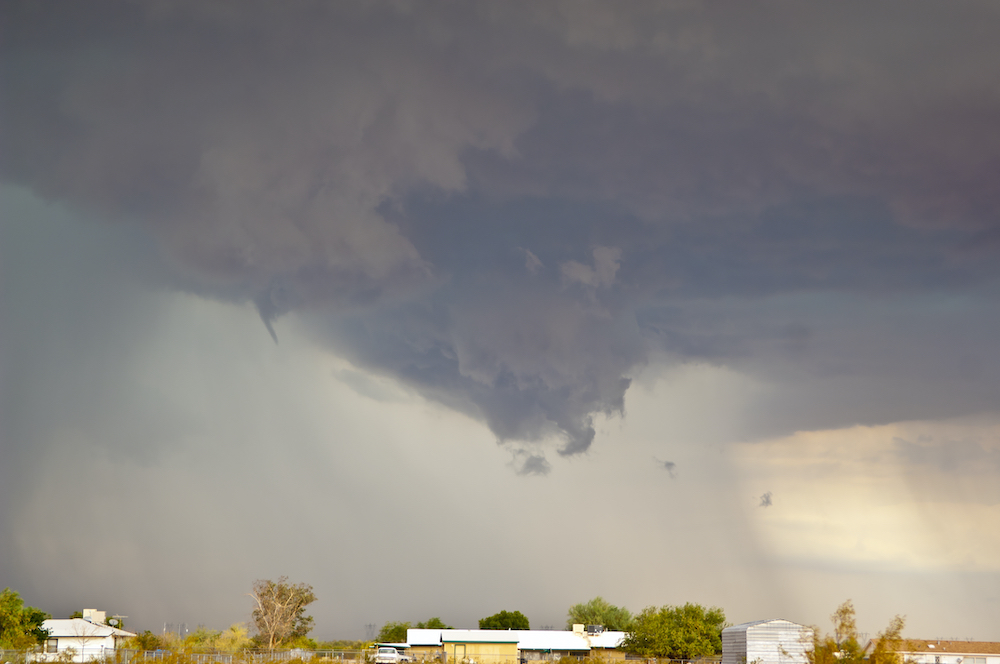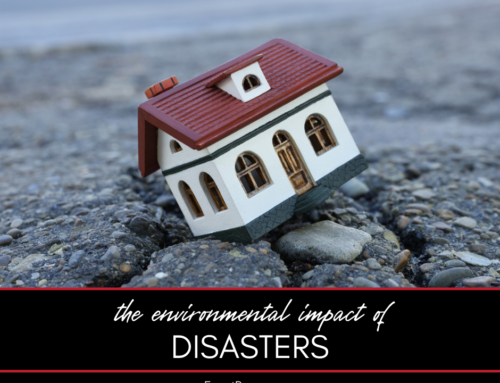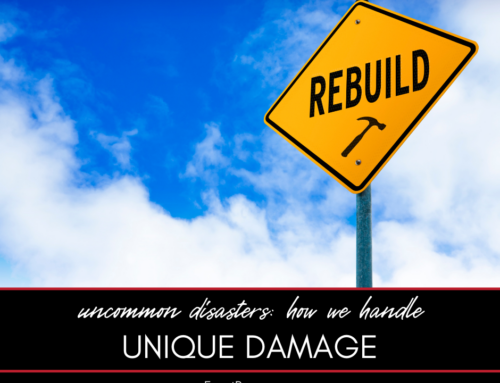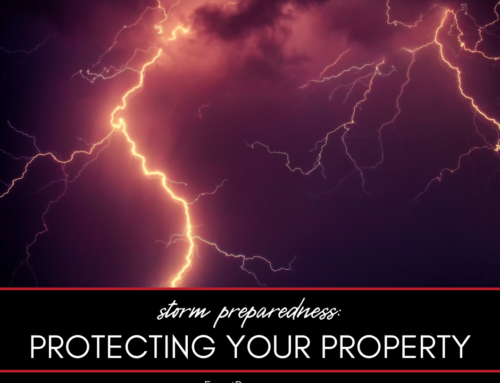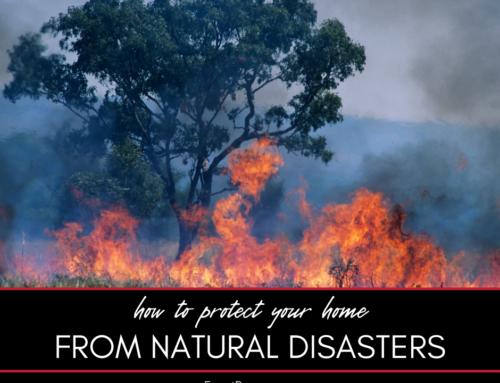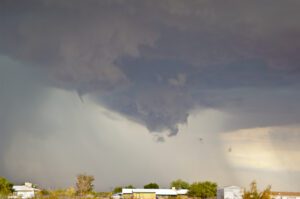
Each year tornadoes, hurricanes, tropical storms, floods, and wildfires threaten the homes of millions of Americans. In fact, 2020 marks only the second time ever that the World Meteorological Organization exhausted its list of alphabetical names for hurricanes and resorted to using Greek letters to keep up with naming this severe weather event. The other time was in 2005 with the formation of 28 storms, according to Weather.com.
But it’s not just severe weather that can threaten homes and property. Earlier this year dam breaks in Michigan put over 20,000 homes at risk of flooding.
Are many Americans prepared for these kinds of events? No, says a Harris Poll study taken in May, which revealed that of 2,050 Americans 85 percent didn’t have a disaster plan to protect their homes and finances.
Sometimes severe weather comes with warnings, other times it doesn’t. There are actions you can take today to be prepared either way. Consider these five.
Keep Some Cash On-Hand
In the throes of severe weather banks and ATMs will very likely be closed, unavailable, or damaged. So it’s best to have some money on-hand to cover expenses for things like food and temporary housing. But how much money is enough? Now is the time to estimate the cost of transportation, food, lodging, and other expenses and set some money aside. Also, take some time to review your home insurance policies to make sure you have the right coverage and the right amount—you may not have enough, or you may even have too much. Make sure you know what’s covered.
Make Copies of Important Documents
This includes your medical, financial, and personal records. Keep these kinds of papers together so you can take them in the event that you have to evacuate your home. Be sure to keep another set in a safe place in another location—for instance in a safety deposit box at your bank, or at the home of a relative. Also, create a list of the names, phone numbers, and account numbers of your banks, insurers, mortgage servicers, accountants, and lawyers, and keep it with the documents you take with you.
Take Inventory of Your Belongings
Walk through your home and make a list of all of your personal belongings. Doing so can make things easier when you talk with your insurer. If you choose to you can also document evidence of your items using cell phone footage, or video, of each room.
Prepare Your Home
There are some basic things you can do to prep your home for severe weather. Some of these include trimming back weak branches on trees, which can detach and damage your home and those of others. Also, making sure that your gutters are clear so that they channel as much rainwater away from your home as possible.
Consider installing a backup generator in your home to maintain power during outages to avoid using candles for light, which can cause house fires.
Plan an Evacuation Route
Plan ahead with two emergency evacuation routes to get you and your family to safety—a primary, and a secondary just in case the first route is blocked. Also, plan your destination and do your best to anticipate the timeline for your return.
Do You Need a Disaster Remediation Expert in Washtenaw County or Jackson County?
If your home has already been damaged, we can help. Check out our services and call 734-352-9183 for your free disaster remediation quote today. We offer:

